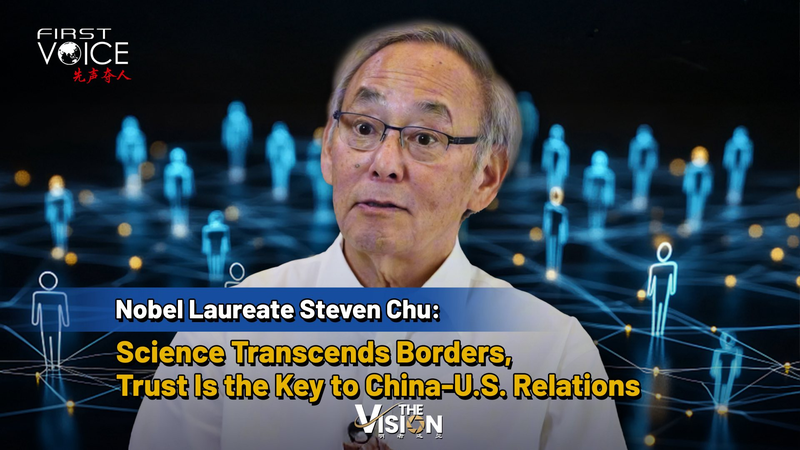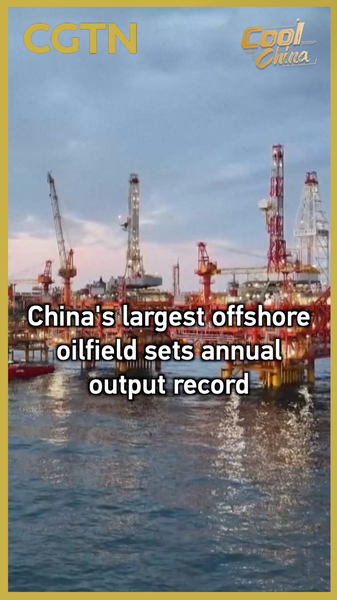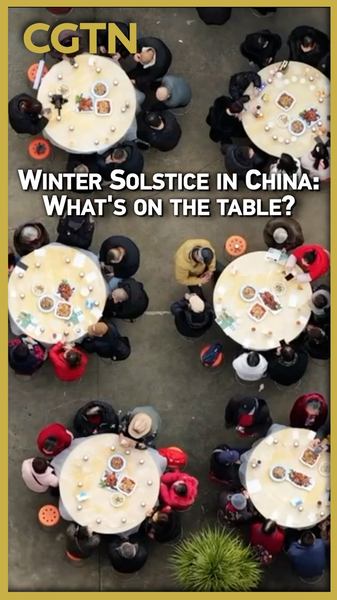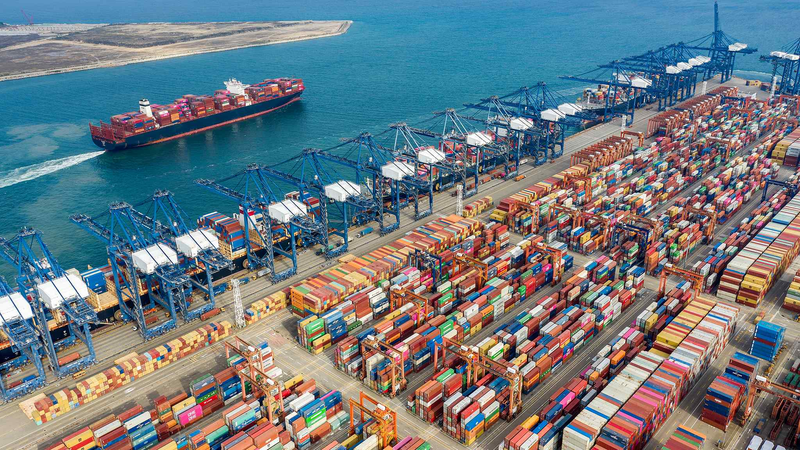Nobel laureate and former U.S. energy secretary Steven Chu has sounded the alarm on the risks rising from cutthroat geopolitics in battery innovation. In an exclusive conversation with CGTN's Tian Wei, Chu described potential setbacks to collaboration between the Chinese mainland and the U.S. on battery technology as "a shame."
Science Diplomacy Takes Center Stage
Chu held that "science transcends borders," advocating for a new era of science diplomacy. He argued that research partnerships—from lab benches to pilot plants—should be insulated from political tensions, allowing breakthroughs in energy storage to reach global markets without delay.
Trust as the Missing Link
Building on his keynote remarks, Chu stressed that "building trust is key to international relations." He warned that any form of conflict—be it political standoffs, cold wars, or more open hostilities—ultimately "harm both societies" involved, slowing progress on critical technologies that power electric vehicles, renewable grids, and next-generation devices.
Why It Matters Globally
As governments and startups race to develop the next big battery breakthrough, cross-border cooperation could decide who leads the charge on clean energy and sustainable innovation. Chu believes that dialogue led by scientists can break down walls, spur investment, and drive real-world impact for a planet in need of greener solutions.
In Chu's vision, a framework of trust and shared purpose could rewrite the rules of international collaboration—proving that when scientists speak, the world listens.
Reference(s):
cgtn.com




